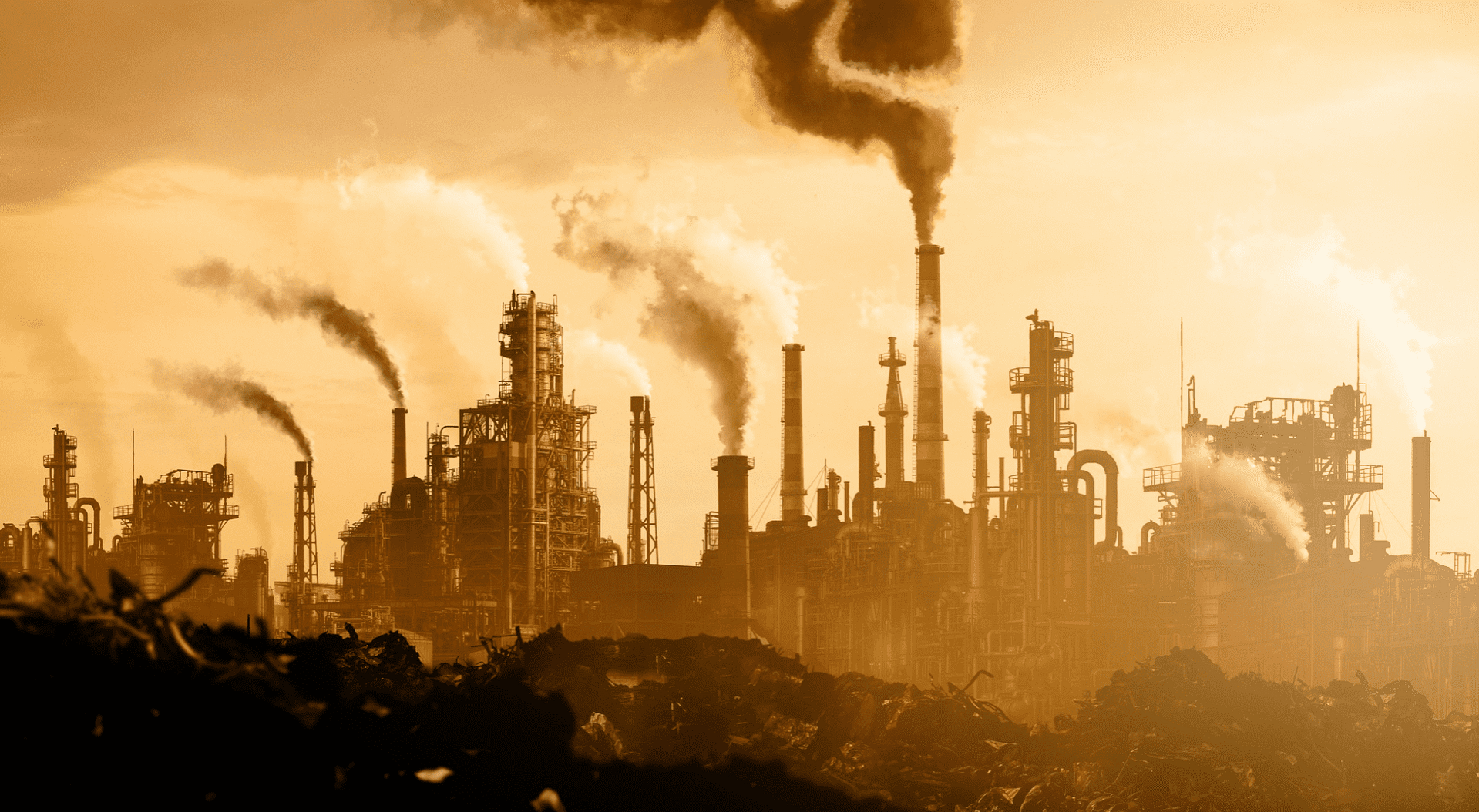Billions of people on every continent are suffering because of climate change, according to a major new United Nations report released Monday. And governments must do a better job of protecting the most vulnerable communities while rapidly reducing greenhouse gas emissions.
The report by nearly 300 top scientists from around the world paints a picture of a planet already transformed by greenhouse gas emissions and teetering on the brink of widespread, irreversible damage.
That’s because heat waves, droughts, floods, fires, disease outbreaks and other dire impacts of climate change are accelerating faster than scientists expected in many parts of the world, including North America. And as the oceans, rainforests and polar regions warm, nature is less and less able to help us with the task of adapting to a warmer Earth, the report says.
Still, the report’s authors make it clear that people are not helpless. Repairing damaged ecosystems and dramatically and immediately reducing greenhouse gas emissions would save billions of people from disease, poverty, displacement and death.
Some environment changes are already irreversible
Some of the most sensitive ecosystems have already been irreversibly altered by climate change, with serious implications for global warming later this century.
For example, coral reefs initially adapted to the warmer water, but as the oceans continued to warm in recent years, the reefs were overwhelmed and many died. The same is true of polar, mountain, wetland and rainforest ecosystems where temperatures have risen too quickly for plants and animals to adapt. Instead, species became extinct or moved to places with colder climates.
This destruction of the ecosystem will affect how much carbon dioxide remains in the atmosphere and traps heat.
Climate change harms human health
Much progress has been made in climate science since the last report of its kind was published almost a decade ago. These connections allow epidemiologists, economists, and social scientists to study the effects of global warming on human health and well-being.
Heat waves are especially dangerous when they hit areas that are historically mild, such as the Pacific Northwest, where a heat wave last summer killed hundreds of people.
There is still time to control global warming
Scientists warn that humans must limit the rise in average global temperatures to less than 2.7 degrees Fahrenheit (1.5 degrees Celsius) to avoid the most catastrophic effects of climate change. Global temperatures have already risen by 2 degrees Fahrenheit, or 1.1 degrees Celsius.
A previous UN report released last summer estimated that there was at least a 50% chance that global temperatures would reach the 2.7 degree Fahrenheit threshold by mid-century. A new report looks at what that might look like. For example, there is a big difference between staying in a danger zone for a short time and camping there permanently.
If the increase briefly exceeds 2.7 degrees Fahrenheit in some parts of the world before falling again by mid-century, it is still possible to avoid large-scale irreversible changes. Damaged ecosystems could recover. The strained aquifers could be replenished.
But the report notes that if humans allow global warming to persist above 2.7 degrees Fahrenheit for decades, the world will be transformed for centuries. Ice sheets and glaciers won’t refreeze anytime soon. Extinct species do not come back to life.




